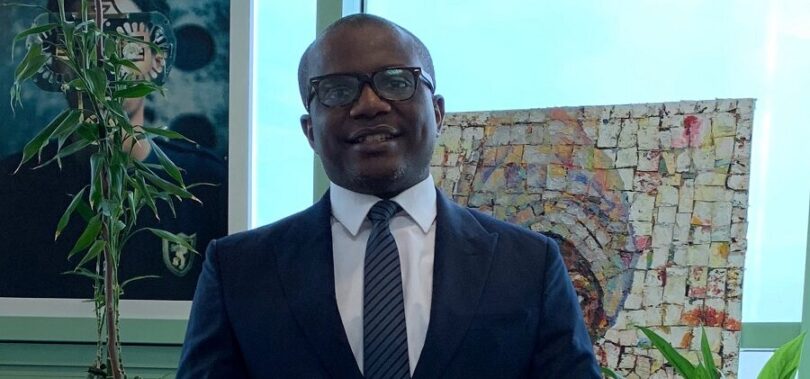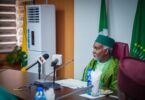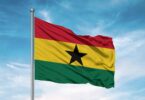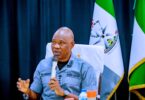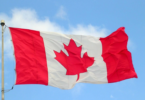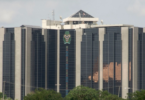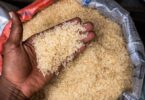As Nigeria grapples with inflationary pressures, Naira devaluation, and fluctuating investor confidence, experts emphasize the importance of establishing a predictable and stable Foreign Exchange (FX) environment to attract foreign investors.
Speaking at the TheWitness webinar themed “Renewed Hope or Reality Check,“ Olusegun Zaccheaus, Partner and Lead for Strategy in West Africa at PWC, highlighted the need for long-term infrastructure development through public-private partnerships.
He underscored the importance of clear and consistent policies to navigate economic challenges effectively.
According to Zaccheaus, “Nigeria needs a stable and predictable FX market to attract Foreign Direct Investments (FDI).” He pointed out that investors seek policy consistency, saying, “You don’t want to see policies being reversed in the next nine months. One of the things we must understand as a nation is that there are trade-offs that policy authorities have to deal with, and there’s a sequence of policies that needs to happen.”
Zaccheaus noted that assessing any administration’s progress in infrastructure within a year is relevant. He outlined two critical factors: first, the substantial capital investment required for building infrastructure, and second, the additional time needed to realize the productivity benefits post-construction.
While the current administration shows progress in infrastructure investment, it is crucial to consider this within Nigeria’s broader context. The government should prioritize medium-term growth and the quality of investments. The key question remains how to achieve quality investment to drive sustainable growth.
TheWitness reported that Africa and Nigeria experienced mixed outcomes in 2023 amid a slight global decline in Foreign Direct Investment (FDI), according to the World Investment Report 2024 by UNCTAD.
Africa saw a 3% decrease in FDI inflows to $53 billion, while Nigeria and other African nations witnessed a varied investment landscape. Nigeria’s FDI increased to $1.87 billion in 2023, up from $895 million in 2022 but down from $3.3 billion previously reported by the National Bureau of Statistics, which revised Nigeria’s 2023 FDI to $3.9 billion, with $377 million accounted for.
In Nigeria, government efforts to attract greenfield investments, particularly in renewable energy, showed promising results. New fiscal and non-fiscal incentives were introduced to encourage investments in this sector, aligning with similar initiatives in Italy and South Africa.
Nigeria notably advanced green hydrogen projects, including a $34 billion initiative in Mauritania and significant green ammonia and hydrogen projects in Egypt worth $10.8 billion. These projects highlight Africa’s increasing role in global megaprojects within the renewable energy sector.
Additionally, South Africa announced three major green hydrogen projects totalling $7.1 billion, while Morocco also attracted substantial investments in renewable energy.
Despite these advancements, the value of greenfield projects across Africa declined to $175 billion from $196 billion in 2022. However, there were notable increases in project values in chemicals, rising to $13 billion, and electronics, reaching $7.6 billion, signalling diversification in investment activities across the continent.

